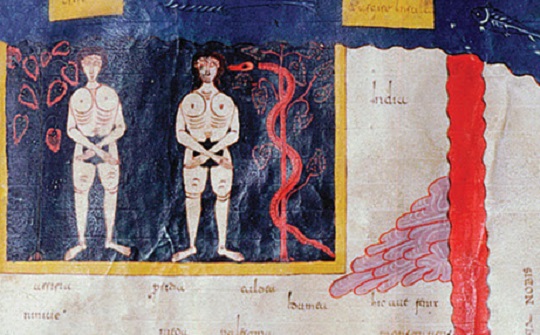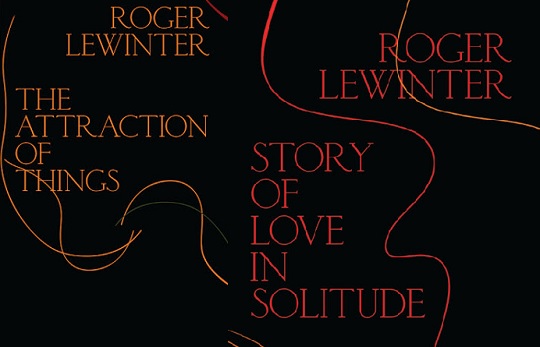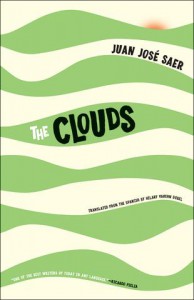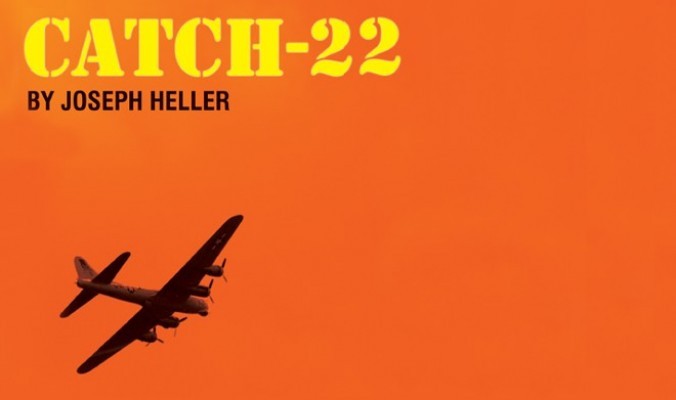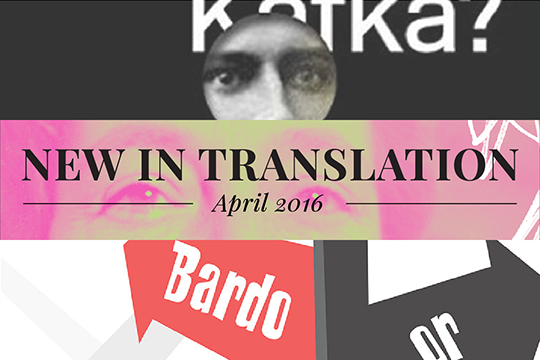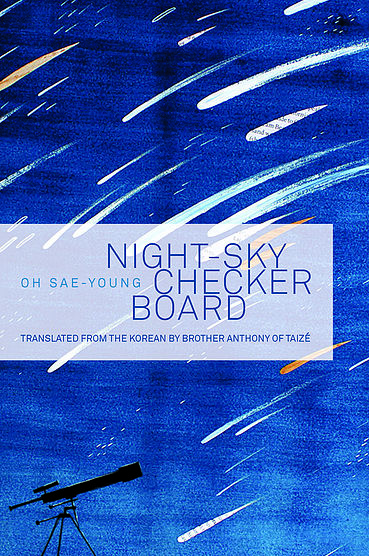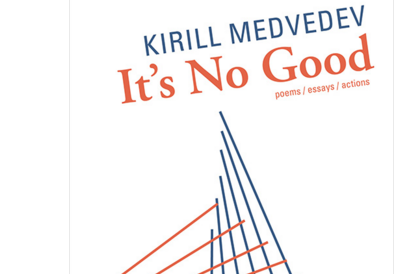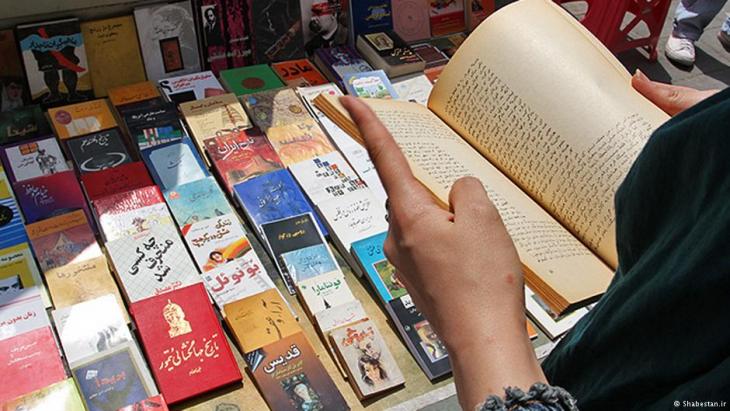In the afterword to the book, Abdelfattah Kilito, a Moroccan writer who writes in both French and Arabic, speaks about his obsession with “the fact of language”. And this obsession is exactly what we get a great introduction to in his intriguing new book of essays, The Tongue of Adam (New Directions, 2016, tr. Robyn Creswell).
The book is divided into several chapters: “Babblings,” “Babels,” “A Babelian Eden,” “The Oldest Poem in the World,” “Poet or Prophet?” “The Oblivion of Adam,” “Poetic Destiny,” and the afterword entitled “That’s . . . nice.” In these chapters, he takes us on an exploration into our origins of language, multilingualism, poetry, history, religion, myth, translation, and much more, consulting ancient Arabic sources throughout.
In “Babblings”, Kilito writes, “No one bothers to ask about the tongue of Adam anymore. It’s a naïve question, vaguely embarrassing and irksome, like questions posed by children, which can only be answered rather stupidly. But for the ancients this question was serious and consequential. To answer it meant to take a stand”. So that is where he begins: he asks about the tongue (the language and the organ) and discusses what the ancients thought about the original human language, approaching these questions with an attitude that is serious and playful at the same time.
The inquiry into humanity’s original language, Kilito informs us, can arise only “when multiple languages are found in a state of competition or rivalry. Every inquiry into the tongue of Adam hopes to uncover a beginning”—to identify the one and only language of origin—but such inquiries also point toward the one who asks the question: Why does my language differ from that of others? How can we explain the plurality of languages?” These are post-Babelian inquiries, implying a rupture between communities.

